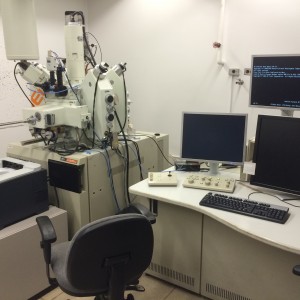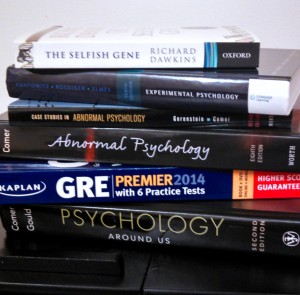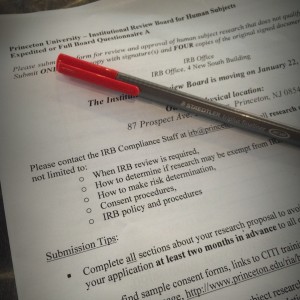
When I finally walk out of the Fitz-Randolph gates on June 3, 2015, after years of careful avoidance, I will no longer be able to list “student” as occupation on forms. Naturally, this thought ignites internal panic—with only a few short weeks and a semester left of my college experience, I only have a few short weeks plus one semester left to complete my senior thesis, and conclude my formal academic career.
I would love for my thesis to be the greatest piece of written work I’ve ever composed, while simultaneously reflecting the type of student and learner I was at Princeton. I want it to inform, entertain, and, perhaps above all, make readers wonder, “Wow, who was the girl that wrote this? I definitely want to know her.” I will put all my might into making these three things happen, but I’ve come to realize that, realistically, the thesis will not be perfect. There are going to be sentences that I think are wonderful, but, to an outside reader, will make about 4% sense. I am going to make arguments that have readers saying, “Wow, who was the girl that wrote this? I completely disagree.” But though my thesis cannot and will not be flawless, my career as a student isn’t coming to an end upon graduation. And I think this former misconception was part of the reason my thesis’s perfection carried so much weight in my mind. Continue reading “You learn something new everyday”: A Cliché Your Mother Was Definitely Right About








